As I grew up, I often felt as if I didn’t fit in with my own family — my mother and sisters had lighter skin tones, and I took after my father’s darker complexion. In elementary school, my friends would see my mother and sister, ask if I’d been adopted and tell me I wasn’t as pretty as them. I wasn’t confident in myself, and I had no one to talk to who could truly understand how I felt.
There was a time in my life that these events left me desperate to want to lighten my skin to look like my mother, or the models that everyone called beautiful. I felt lost in society’s “standard of beauty” until I found that my own ran deeper than my foundation shade.
Over the years, social media acted as a platform for change and a showroom for new age segregation and loathe. It taught me to feel thankful for my honey complexion and soft brown eyes while also to ask myself why I didn’t get as many likes as the lighter-skinned girls on the popular page.
I got older and soon heard of the term colorism. I did my research and found a long, brutal history behind skin tone discrimination. It’s roots derive from slavery to the paper bag test used to grant access to only the “prettiest” women into Harlem’s hottest clubs. Some of us still fall victim to colorism in Generation Z only no one acknowledges it, or knows the impact it leaves.
It’s a shame to see that in 2020 we still have to celebrate ourselves because sometimes no one else will.
My mother raised me in the Baptist church where I learned that God loves all, and how could I be worth loving if I didn’t love and appreciate myself, my beauty? Everyone around me could see allure in my eyes, but those eyes were blinded by society’s prejudices.
And through keeping my faith, I found comfort and solidarity with people who found success and self-love in spite of their insecurities. Because after all, no one is born with insecurities — insecurities are born when others impose self-doubt on the things that make you special. Successful, African-American intellectuals became role models to me and helped me accept my skin and the rich culture that lies within it as a positive attribute. At 18, I now realize that the color of my skin means so much more than a physical trait sometimes undesired by uncultured individuals. Strong women in my skin such as Harriet Tubman and Madam C.J. Walker fought for the liberties I implement and dearly cherish. They paved the way for young African Americans to continue to exercise their power. And beautiful, new age women in my skin like Michelle Obama, Oprah Winfrey and Maya Angelou did exercise their power which showed young women like me that anyone can do anything.
I see that my skin isn’t just my skin. The skin I wear belongs to a community of substantial figures that I strive to be like someday. Behind my skin is history like no other and beauty that cannot be disfigured. My skin is a part of me — and I’m proud of it.



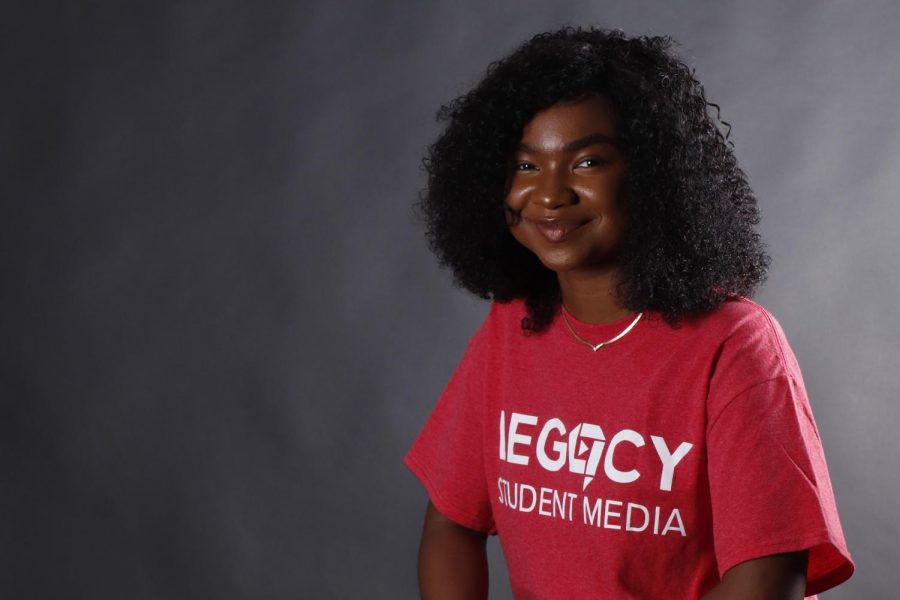
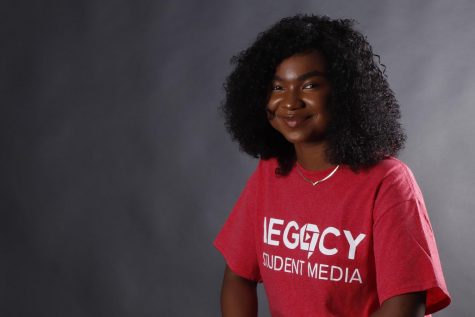
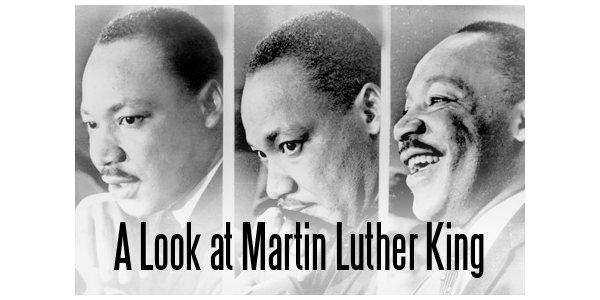
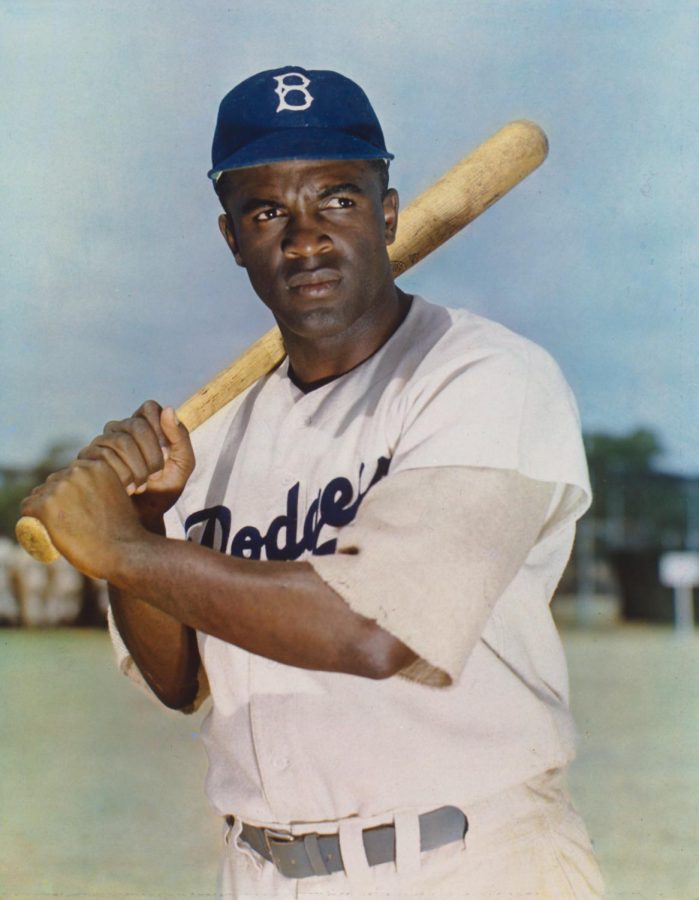


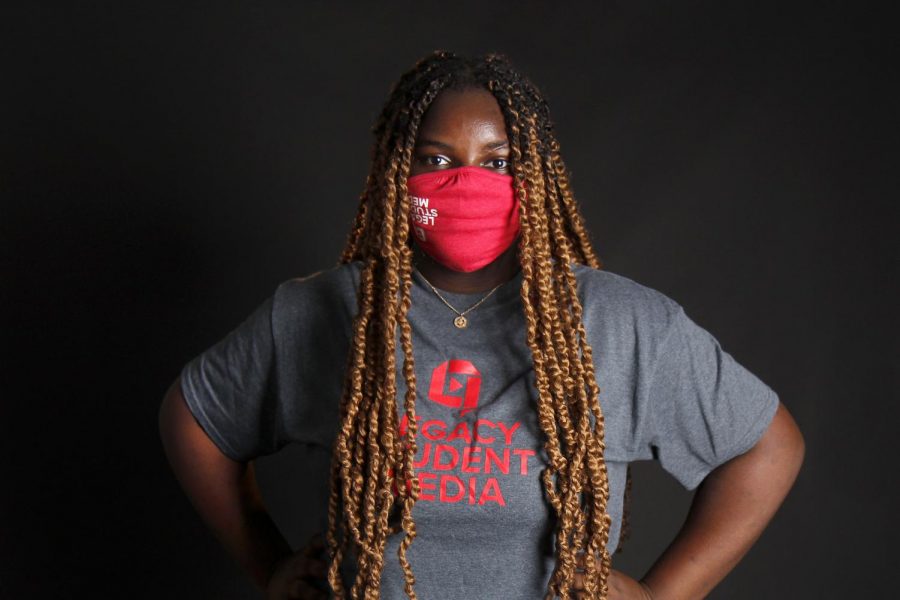
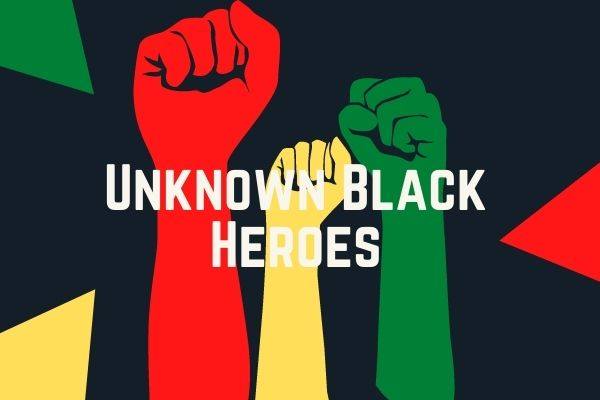

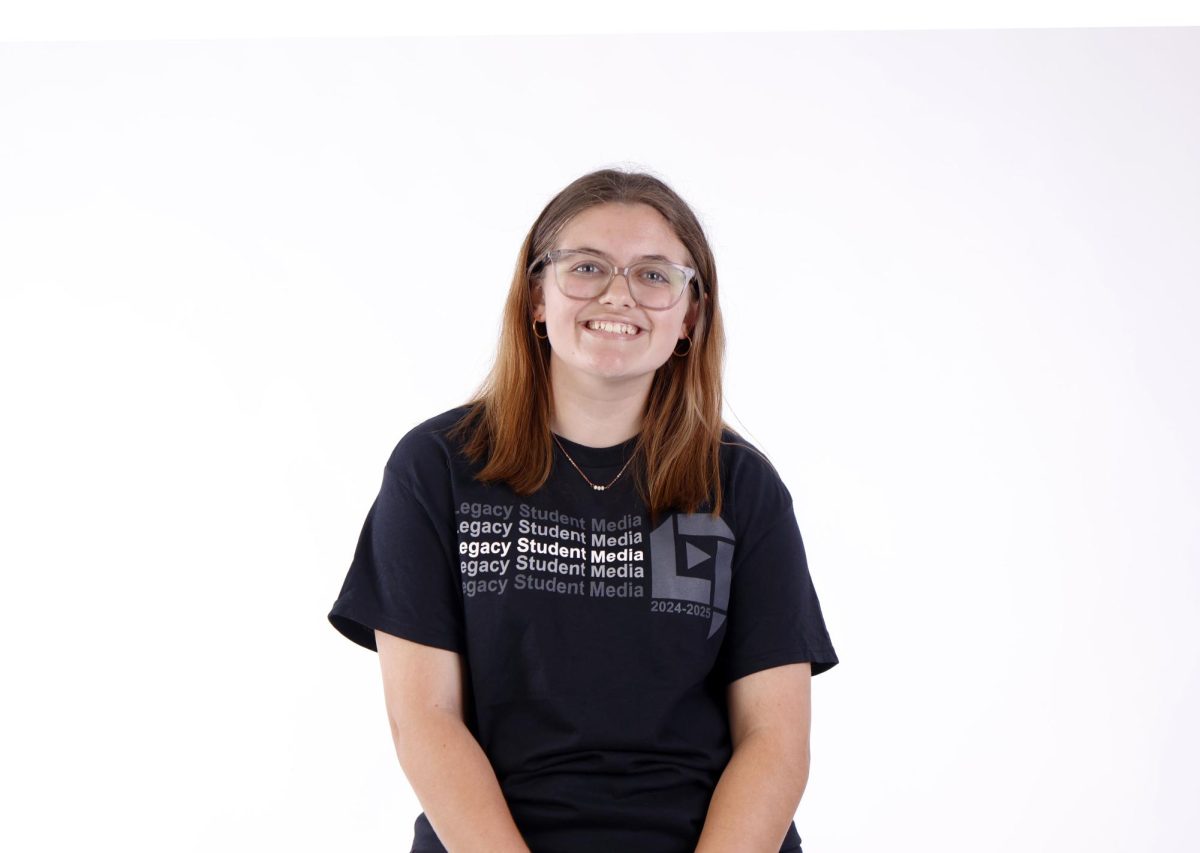








Juan Esparza • Apr 20, 2020 at 9:44 am
Not being able to look the same similar as you doesn’t change who you are and what you do because all of us can do something similar to each other and being distracted for you’re look doesn’t change what you’re goal or achievement will be. You can’t be distracted of your look and really go for what you want to achieve.